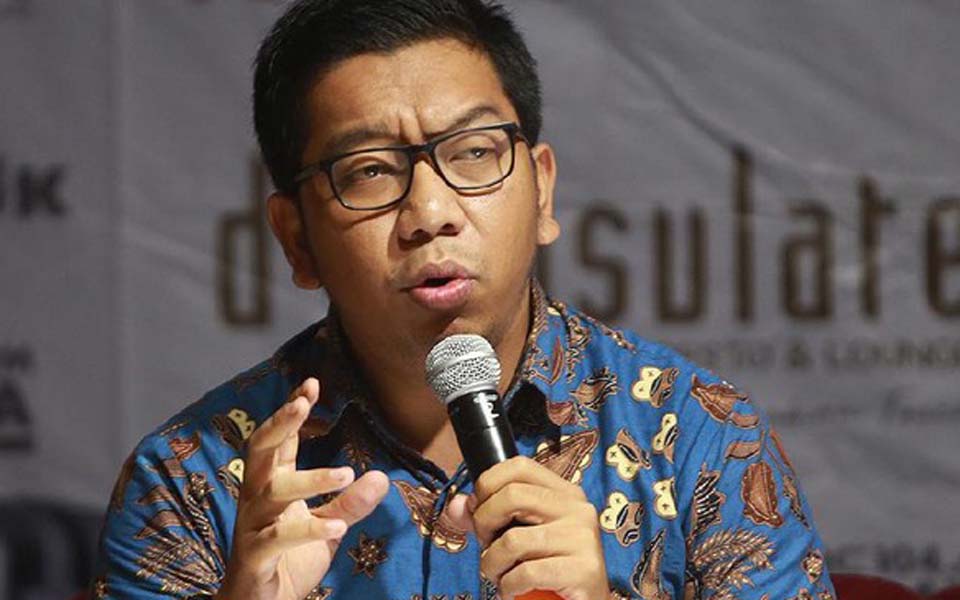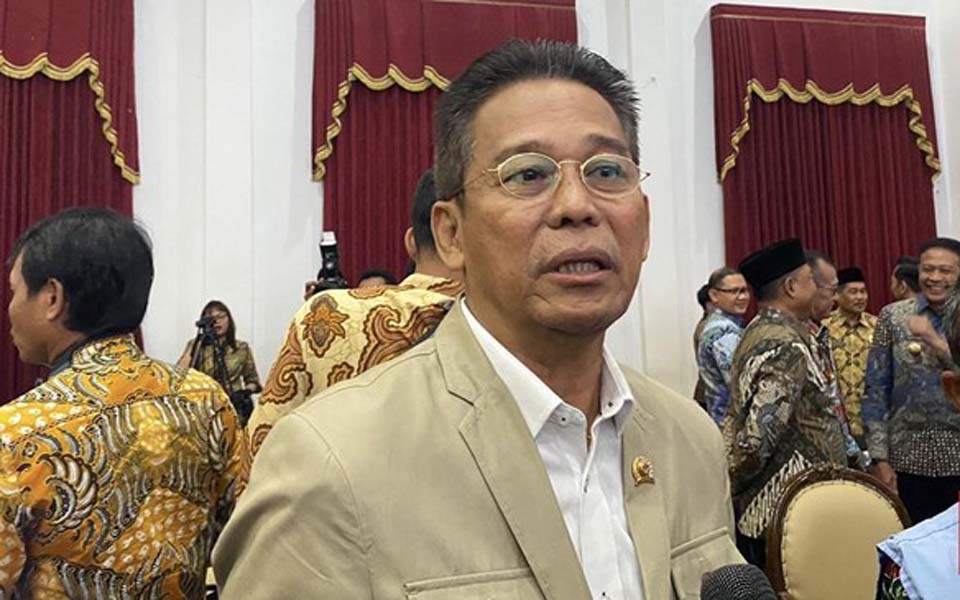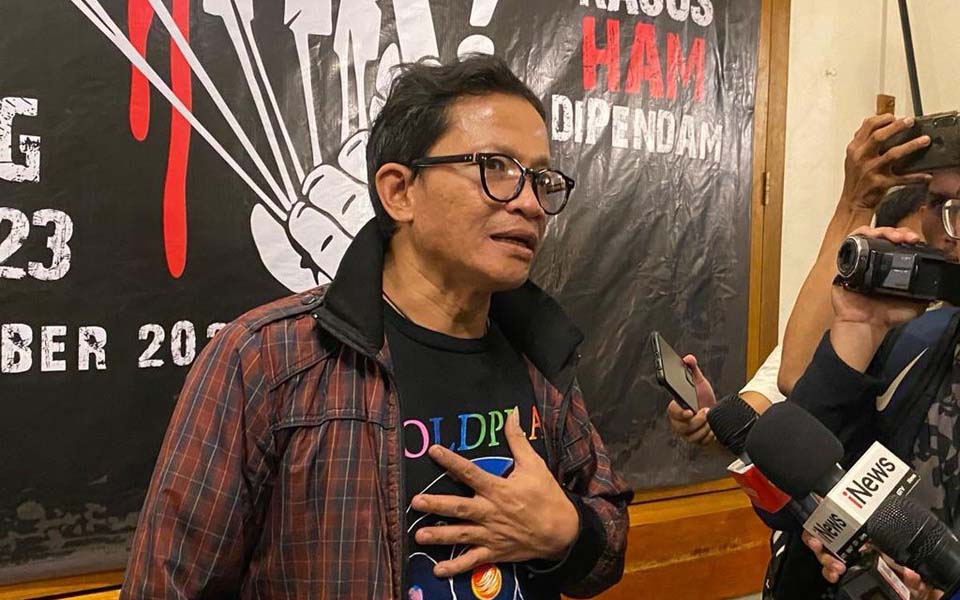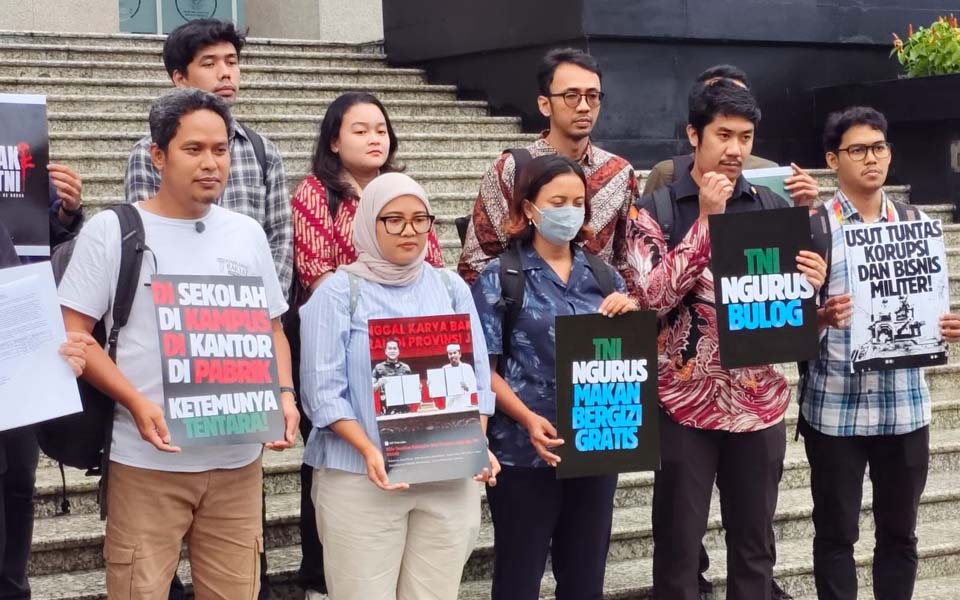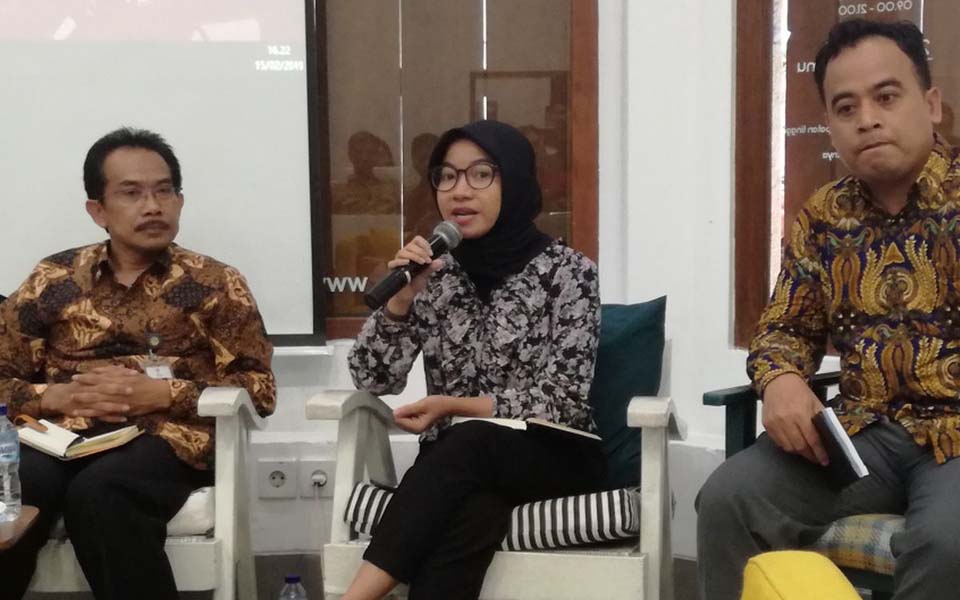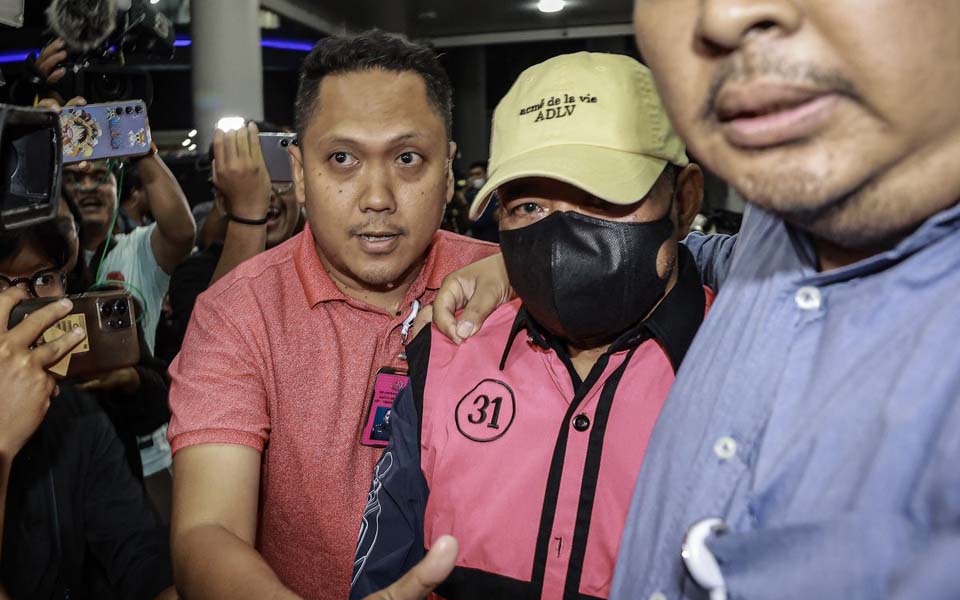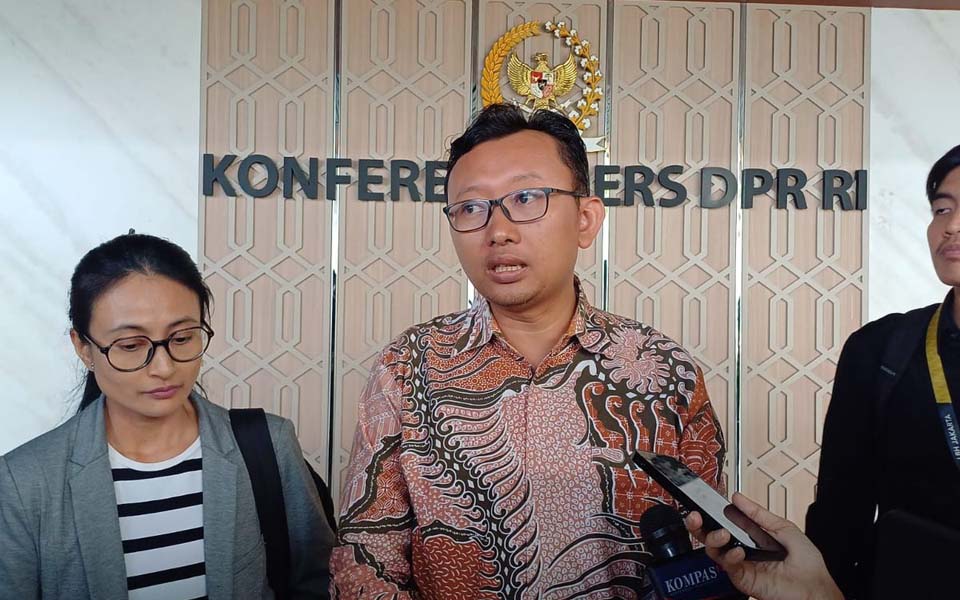Irfan Kamil, Jakarta – Indonesia Corruption Watch (ICW) has found articles in the Draft Criminal Code (RKUHP) which will weaken the fight to eradicate corruption. According to ICW there are at least three articles in the RKUHP which reduce sentences and fines for corruption crimes.
"The majority of the articles are related to corruption crimes, the basic sentence in the form of criminal punishment and fines are lower", said ICW researcher Kurnia Ramadhana in ICW's critical notes on the eradication of corruption in the RKUHP on Tuesday August 2.
First, said Ramadhana, there is Article 607 of the RKUHP which is a new form of Article 2 Paragraph (1) from the Anti Corruption Law (Tipikor).
"This regulation in fact reduces the physical punishment from four years to two years in prison. As if that’s not enough, the minimum fine is similar, dropping from 200 million rupiah to just 10 million rupiah", he said.
Second, continued Ramadhana, there is article 608 which is also a new form of Article 3 in the Tipikor Law.
Although the physical punishment is increased from one year to two years in prison, it is not in line with the legal subject of the perpetrator, namely public officials.
"This is also an effort to equate punishments between the public and people who hold specific public positions", said Ramadhana.
Finally, ICW also highlighted Article 610 Paragraph (2) of the RKUHP which is a new form of Article 11 in the Tipikor Law.
According to Ramadhana, it is almost the same as other stipulations with the punishment handed down to people who accept bribes being reduced from five years to four years in prison.
For other basic sentences such as fines, he said, they have also been reduced from 250 million rupiah to 200 million rupiah.
"Specifically taking up sentences in the form of fines, it is important to convey that the main punishments are still categorised as low in the draft RKUHP. How could it be otherwise, the maximum fine which can be handed down against a perpetrator is only two billion rupiah", explained Ramadhana.
Ramadhana is of the view that the articles in the RKUHP are far different from other corruption related laws. For example, under the Narcotics Law and the Money Laundering Law, the maximum fines can reach 10 billion rupiah.
"Based on its background as an economic crime, the fines should be able to be increased", said Ramadhana.
Earlier, Deputy Justice and Human Rights Minister (Wamenkumham) Edward Omar Sharif Hiariej said that members of the public who object to the RKUHP – which will soon be ratified into law – to submit a judicial review with the Constitutional Court (MK).
Eddy, as the Wamenkumham is known, gave as an example Law Number 11/2020 on Job Creation which must now undergo revisions because of a Constitutional Court ruling following a judicial review.
"So if there those who object, please go to the MK for a judicial or formal review. There's no need to a priori with the MK, the evidence being the Job Creation Law will also be annulled if after two years it is not revised", Hiariej told Kompas.com on Monday July 11, referring to a Constitutional Court ruling which declared the Jobs Law unconditionally unconstitutional and gave the government two years to make revisions.
Hiariej also claimed that the deliberations on the RKUHP have already involved the public. Moreover the current Problem Inventory List (DIM) originated from civil society.
"Deliberations on the current RKUHP were finished in the 2014-2019 [parliamentary] period and involved public participation. So, it's untrue to that the government and the DPR [House of Representatives] didn't involve the public", asserted Hiariej.
"We have documentation as evidence which is very complete on the public participation in the deliberations during the 2014-2019 [parliamentary] period", he said.
[Translated by James Balowski. The original title of the article was "ICW Sebut Hukuman Pelaku Korupsi Dikurangi dalam RKUHP".]





